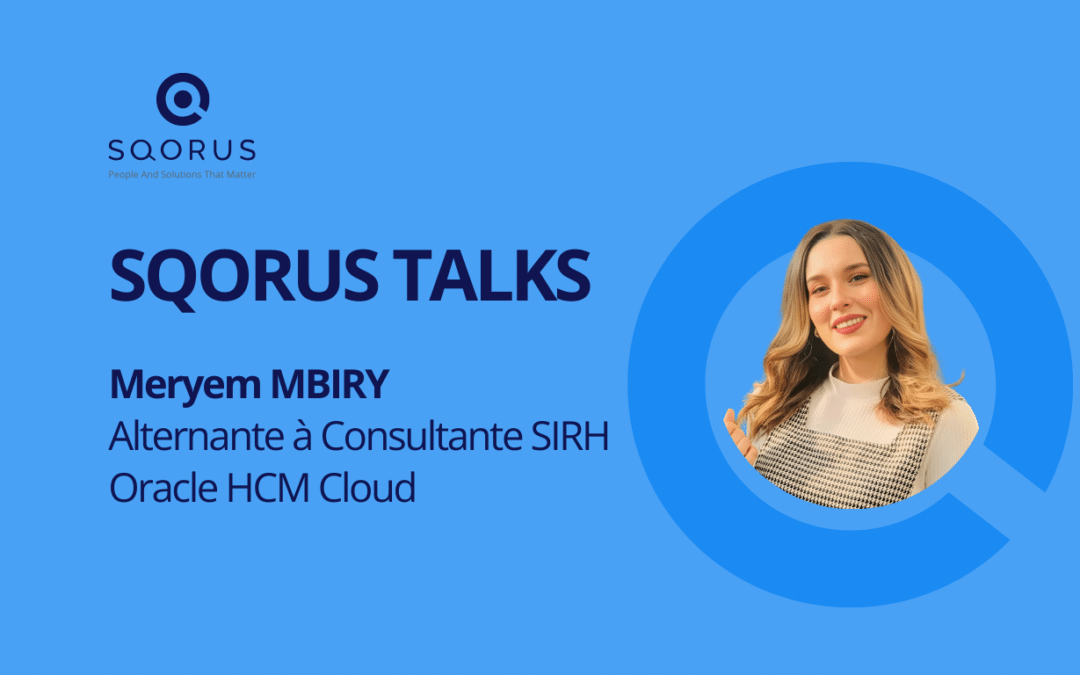Generation Y is the name given to all those born between 1980 and the end of the 1990s. It follows the Boomers, the Baby Boomers and the Generation X. It logically precedes generation Z, which is made up of people born after 1995. How to manage and work with generations Y and Z, these new employee profiles?
Generations that shake up the habits
Generations Y and Z were born into the digital age. They have mastered the new media and digital technologies at their fingertips. At work, unlike their elders, they have a culture of open spaces and telecommuting. They are also distinguished by a different relationship with the hierarchy. The latter needs to adapt with the help of human resources in order to optimize the qualities of these younger employees. Finally, the other generations often criticize them for their weak collective commitment within the company, their individualism and their impatience.
The expectations of generations Y and Z
Generations Y and Z no longer believe in staying with the same company for their entire working lives. These new generations are less sensitive to the speeches of their hierarchies and largely prefer actions to promises. These changes can probably be explained by the tightening of the labor market, in which workers of these generations are rarely hired on permanent contracts.
The vast majority of these employees are not prepared to sacrifice their private lives and put their personal development and projects on hold. Contrary to the impression they give (detachment, feeling of being totally operational), they feel a strong need to be recognized by their colleagues but also by their superiors. They also have far less certainty than other generations might think.
Indeed, they do not hesitate to question themselves often in order to evolve professionally and personally.
Good practices to apply
The most important thing to do is to involve and motivate Generation Y and Z employees. This can be done, for example, by setting up “win/win” agreements or challenges that they enjoy taking on.
You should also give preference to clear and sharp speeches in order to be well understood. Communication must be both simple and direct. Avoid meetings that are often boring and unproductive for them. Instead, organize stand-up or participatory discussions.
Try to highlight them. Acknowledge and celebrate their efforts. Don’t be too rigid about their time management (early arrival time in particular). Instead, be flexible if the results are, of course, up to the company’s expectations.
Join a great place to work
Your career at SQORUS is more than just a job, it’s an opportunity to grow professionally and personally in an environment where individual development contributes to the growth of the whole.












